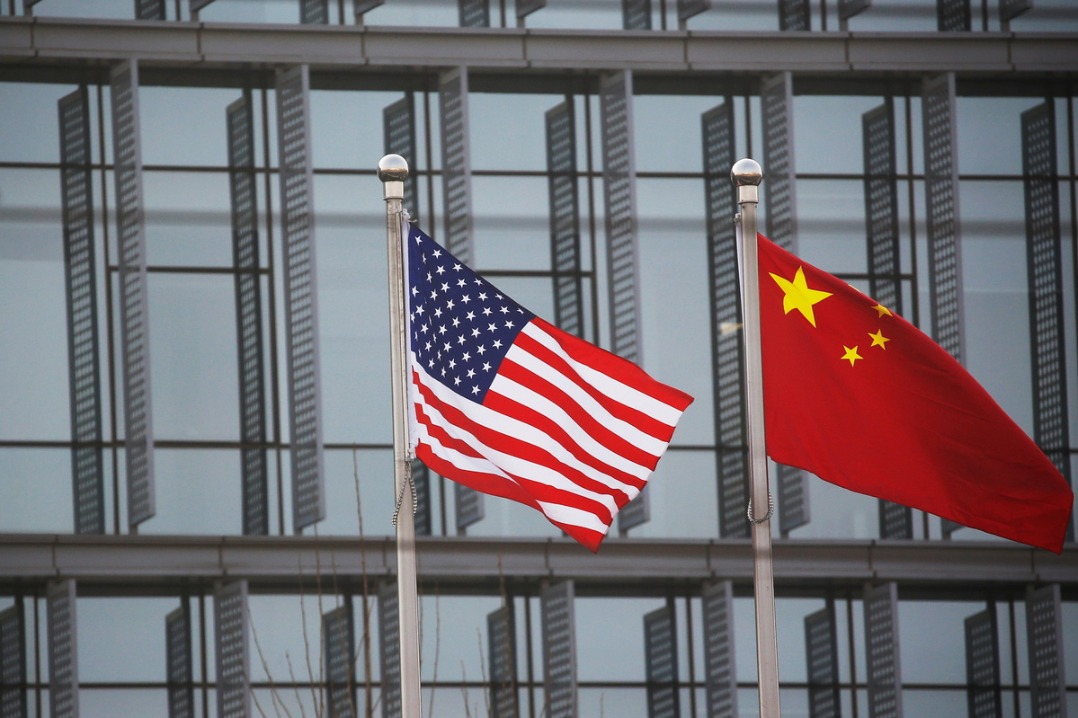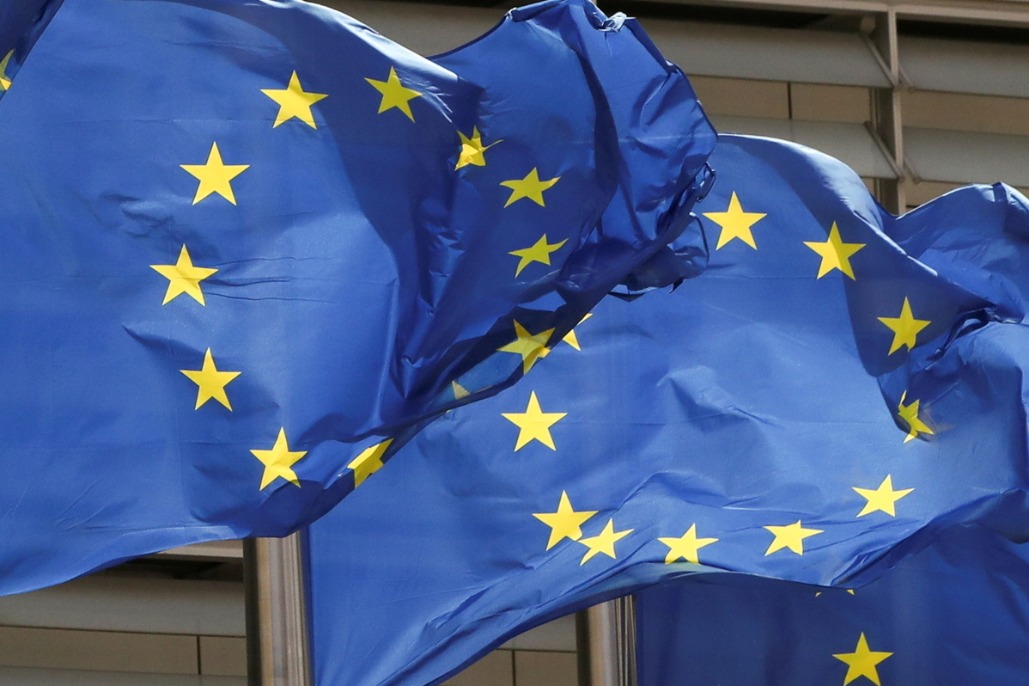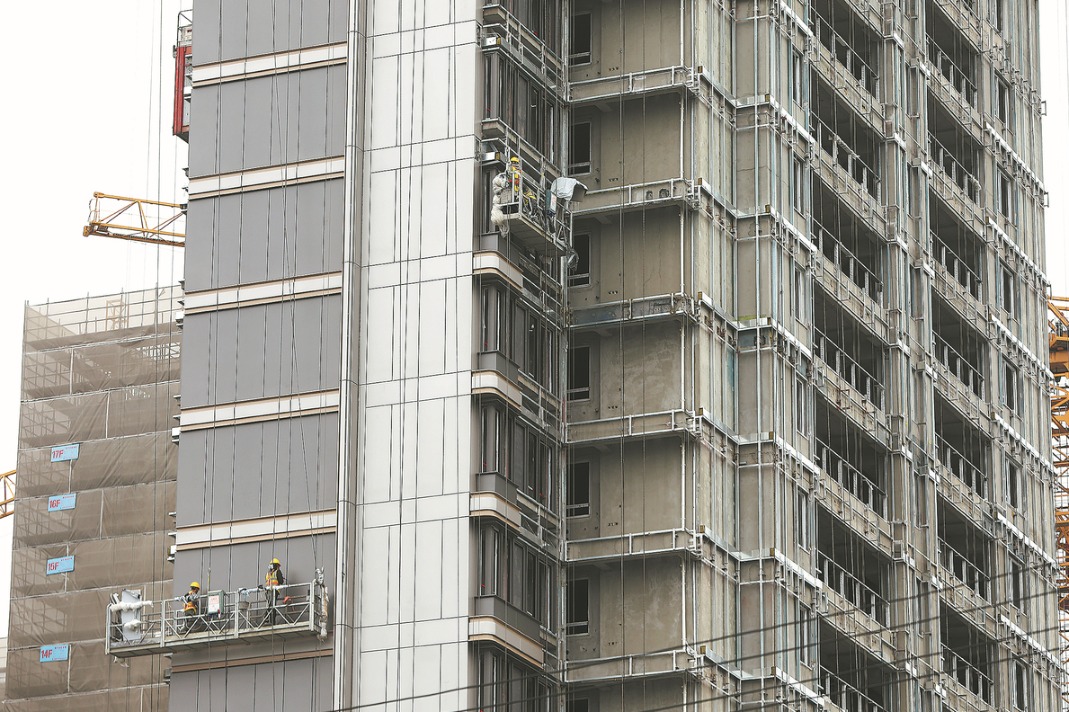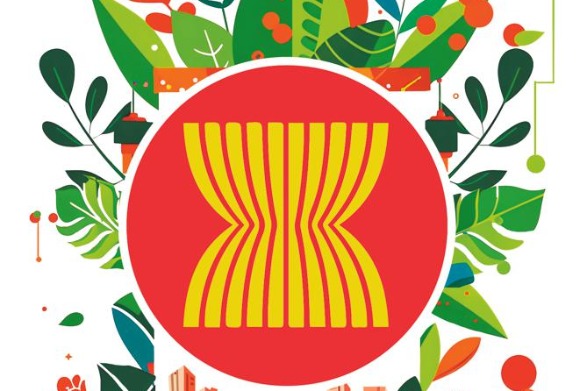Desperate bid for power and a dangerous threat to ROK's democracy

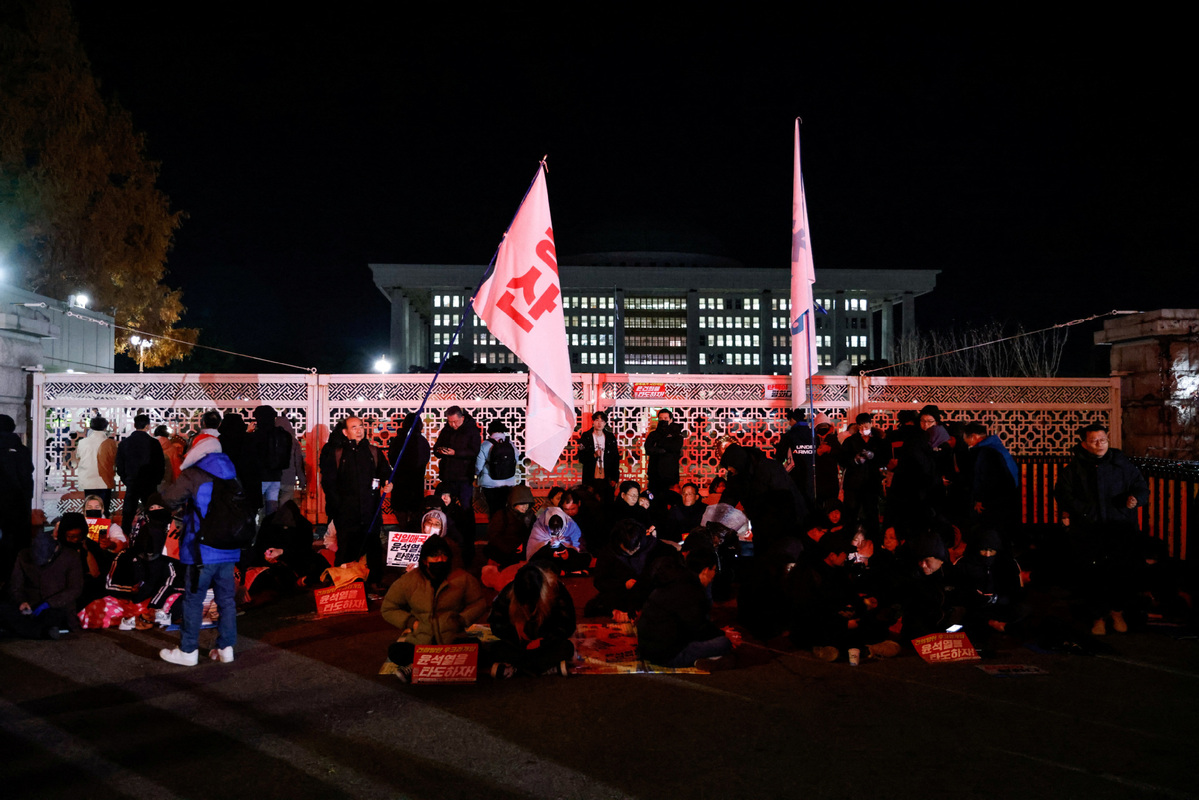
Editor's note: Republic of Korea President Yoon Suk-Yeol's surprise declaration of martial law on Tuesday night, the first in over 40 years, shocked both the country and the world. Though Yoon cited threats from "anti-state forces" and the Democratic People's Republic of Korea, the measure was in no time seen as being a reaction to Yoon's mounting political troubles. Protests erupted and lawmakers opposed the move, forcing Yoon to lift the martial law just six hours later, following a parliamentary vote. Experts share their views with China Daily.
Martial law decreed for political gain
Yoon Suk-yeol's decision to impose martial law in South Korea reflects both a desperate attempt to retain control and a dangerous disregard for democratic norms. Amid rising political instability, Yoon's approval ratings have dropped to historic lows, driven by public discontent over his handling of foreign policy, internal affairs, and corruption scandals involving his administration. Facing mounting pressure, particularly because of allegations involving his wife Kim Keon-hee and other officials, Yoon's martial law move is an attempt to quell dissent and prevent full investigations into these cases.
The decision is not only legally dubious but politically damaging. The ROK constitution, designed to prevent the return of authoritarian rule, severely limits the circumstances under which martial law can be declared. The country has been free from such measures for over four decades, following a hard-fought struggle to establish democratic governance. By bypassing these checks, Yoon risks undermining his own legitimacy and invoking the specter of the military dictatorship era. Martial law, far from stabilizing the country, would have deepened divisions and alienated the people, particularly those who still support his government.
Ultimately, Yoon's decision highlights a critical flaw in his leadership: a failure to address the root causes of his crisis through democratic means. His reliance on undemocratic measures to cling to power is not only politically immature but also threatens the stability of the ROK's democracy. His presidency is now at a crossroads, with impeachment increasingly likely. The outcome will depend on how his political opposition and his own party respond to his authoritarian tendencies, but one thing is clear: Yoon's actions have severely damaged his credibility and the public's trust in democratic institutions.
The international implications of Yoon's actions are also significant. The ROK is doing a delicate balancing act in its relationship with the United States, Japan, and China. While Yoon has sought to strengthen ties with the US and Japan, his domestic policies are causing friction with these allies. His increasingly authoritarian stance could undermine the trust that the international community and the ROK's citizens reposed in his administration. Furthermore, his foreign policy toward the DPRK and China, which has been seen as being overly hawkish, is alienating many in his own country, who fear that it will lead to greater instability in the Korean Peninsula.
The US was not aware of Yoon's intention to declare martial law, US Secretary of State Antony Blinken told Reuters on Wednesday. His response was relatively restrained. He urged the ROK to resolve its political disputes peacefully and lawfully, stating that the reversal of martial law order demonstrated "the institutions functioning as they should".
Hu Mingyuan, vice president of Academy of the Zhonghuaminzu Community, Dalian Minzu University.























